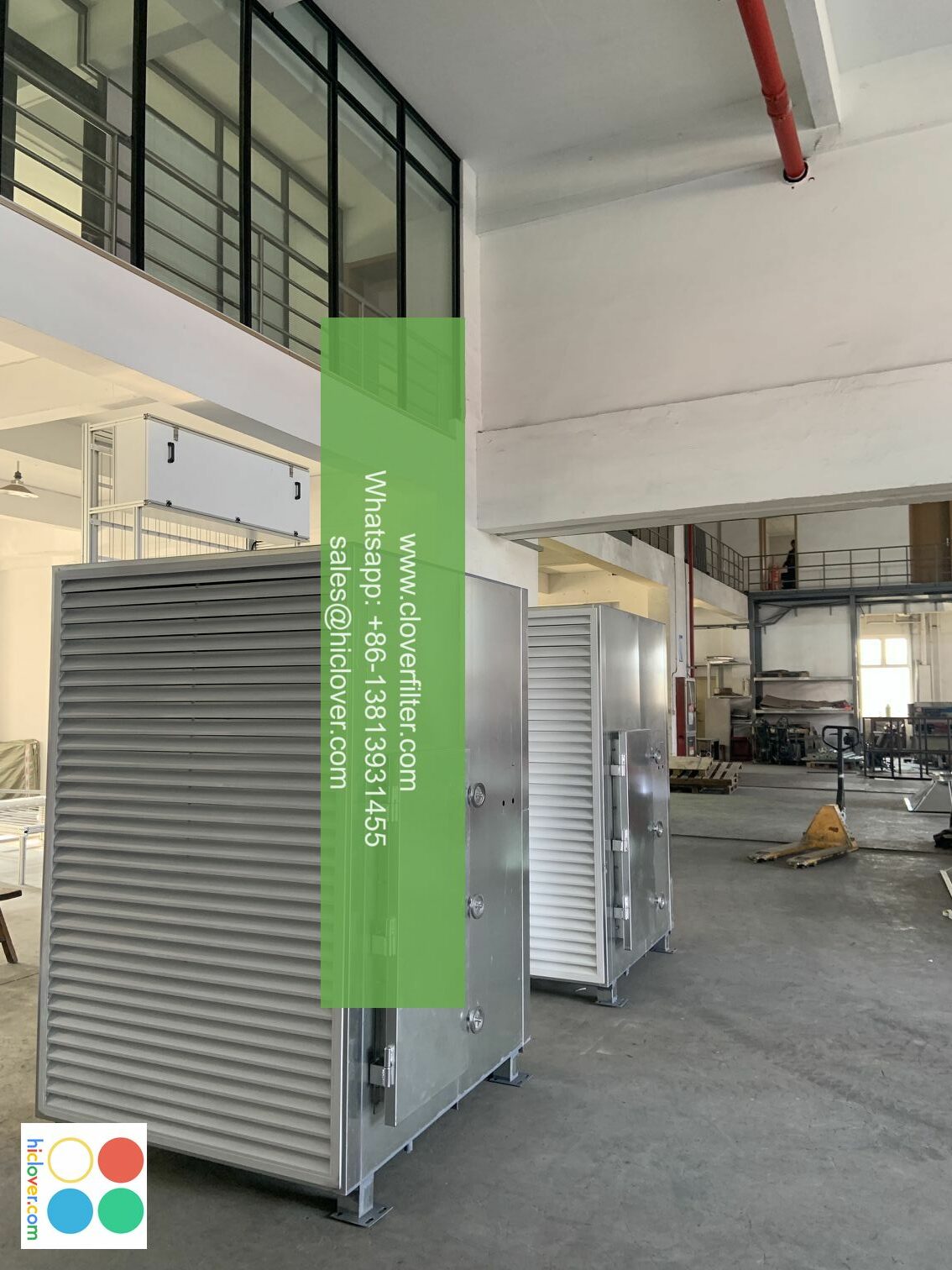Understanding MERV Ratings: What Does it Mean for Your HVAC System?

Understanding MERV Ratings: What Does it Mean for Your HVAC System?
When shopping for a replacement air filter or upgrading your existing HVAC system, you may come across the acronym MERV (Minimum Efficiency Reporting Value). While it may seem like a cryptic code, understanding MERV ratings is essential for ensuring the optimal performance of your heating, ventilation, and air conditioning system.
What is MERV?
The MERV system was developed by the American Society of Heating, Refrigerating and Air-Conditioning Engineers (ASHRAE) to categorize air filters based on their ability to remove particles from the air. It measures a filter’s efficiency at capturing particles at various sizes, ranging from large dust particles to tiny viruses. The higher the MERV rating, the finer the filter and the more particles it can remove.
Key Benefits of High MERV Filters
Installing high MERV rated filters in your HVAC system provides numerous benefits:
- Improved Indoor Air Quality: High MERV filters trap more particles and pollutants, enhancing indoor air quality and reducing health risks.
- Increased HVAC Efficiency: Efficient filters reduce stress on your heating and cooling systems, leading to lower energy consumption and extended component lifespan.
- Reduced Maintenance: Lower maintenance requirements eliminate the need for frequent filter changes and reduce operational costs.
Common MERV Ratings and Corresponding Applications
Here’s a breakdown of popular MERV ratings and their associated applications:
- Low MERV Filters (1-4):
- Primarily used for residential applications in areas with limited air pollution or low particulate matter.
- Moderate MERV Filters (5-8):
- Suitable for office buildings, hotels, and moderate-traffic households.
- High MERV Filters (9-12):
- Ideal for hospitals, pharmacies, and applications requiring extremely fine filtration, such as data centers or cleanroom environments.
- Superclean MERV Filters (13-20):
- Designed for highly sensitive industries, such as semiconductor manufacturing or research facilities, where extremely tight filtration is critical.
Recommendations for Residential and Commercial Users
- Residential users: Look for MERV 8-11 filters to balance air quality and system performance.
- Commercial users: Invest in MERV 13 or higher filters, especially in facilities with high airflow or sensitive electronics.
Key Considerations and Limitations
When selecting the right MERV filter for your HVAC system, keep the following in mind:
- airflow restrictions: Be cautious of decreased airflow due to overly restrictive MERV filters, which can cause system inefficiency.
- System compatibility: Ensure the selected filter is compatible with your specific HVAC system’s design and equipment.
- Maintenance requirements: Higher MERV filters may require more frequent filter cleaning or replacement to maintain effectiveness.
In Conclusion
MERV ratings serve as a powerful tool for navigating the world of air filters, allowing you to make informed choices about your HVAC system’s filtration needs. Whether you’re seeking improved indoor air quality, enhanced system efficiency, or reduced maintenance requirements, choosing the right MERV filter ensures optimal performance for your heating and cooling system.
References and Resources
ASHRAE.org – MERV Filter Rating (Minimum Efficiency Reporting Value)
Department of Energy, Energy.gov – Air Filters
EPA, EnergyStar – Air Filters Guide
It looks like you’d like me to come up with a prompt!
Is there a specific type of prompt or topic you have in mind (e.g., writing, problem-solving, humor)? Or do you want me to suggest one for us?

